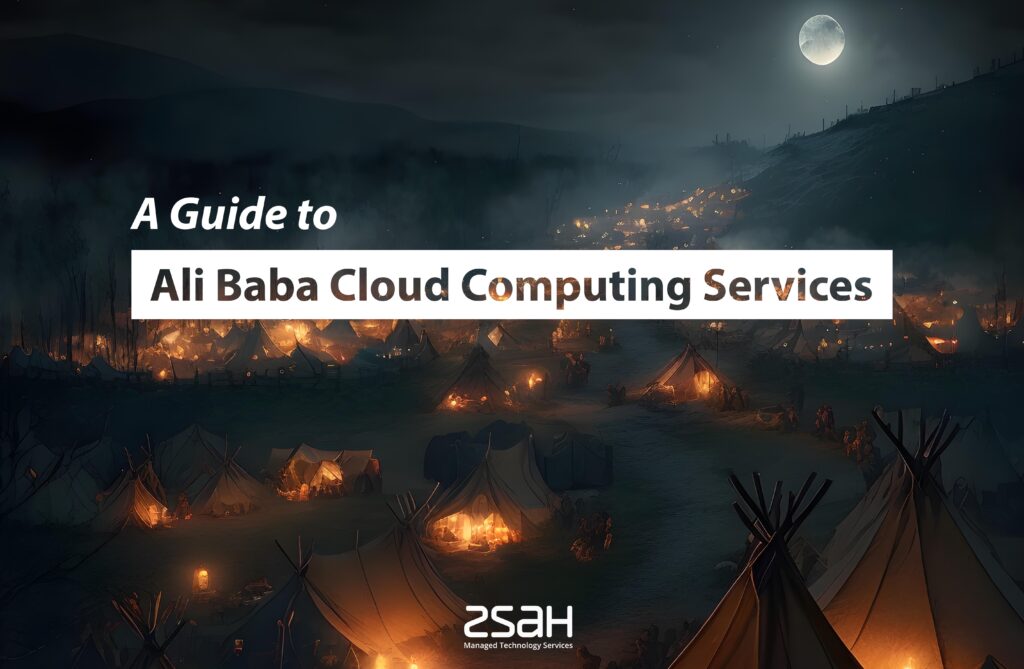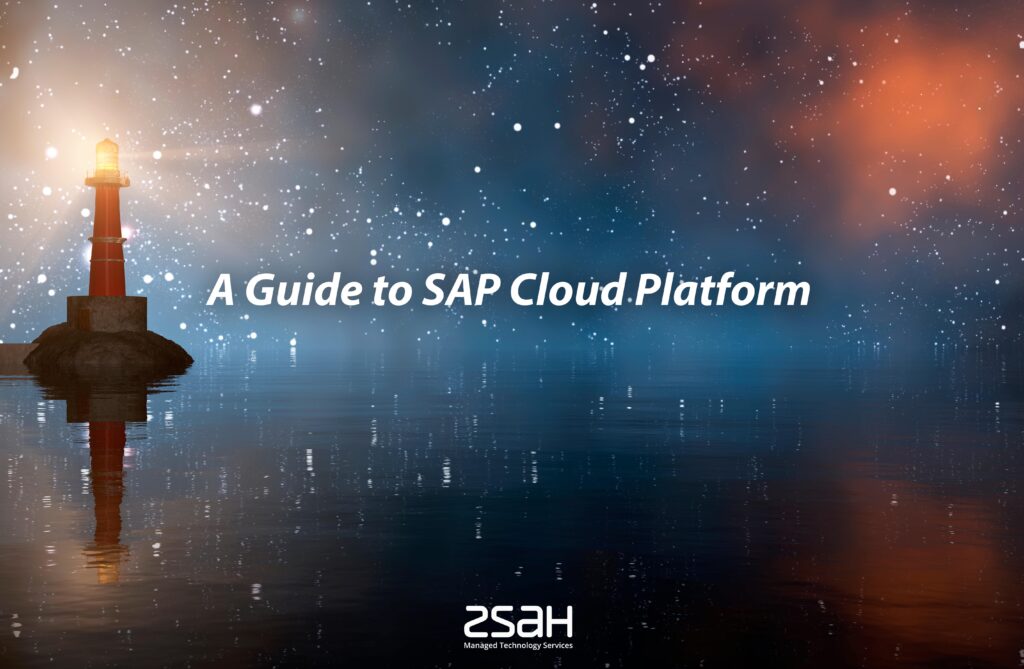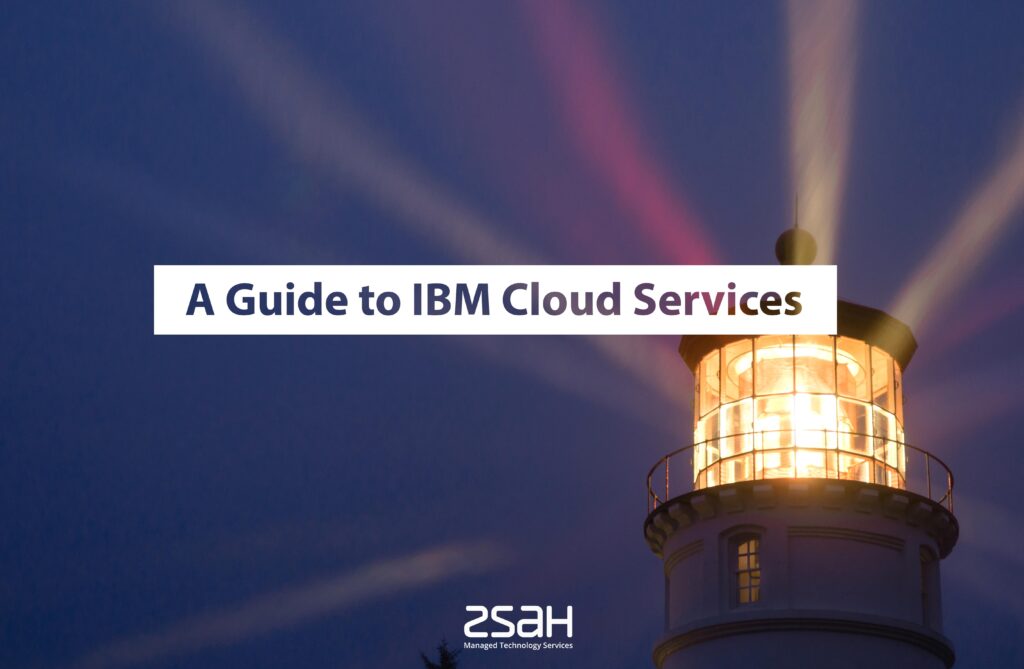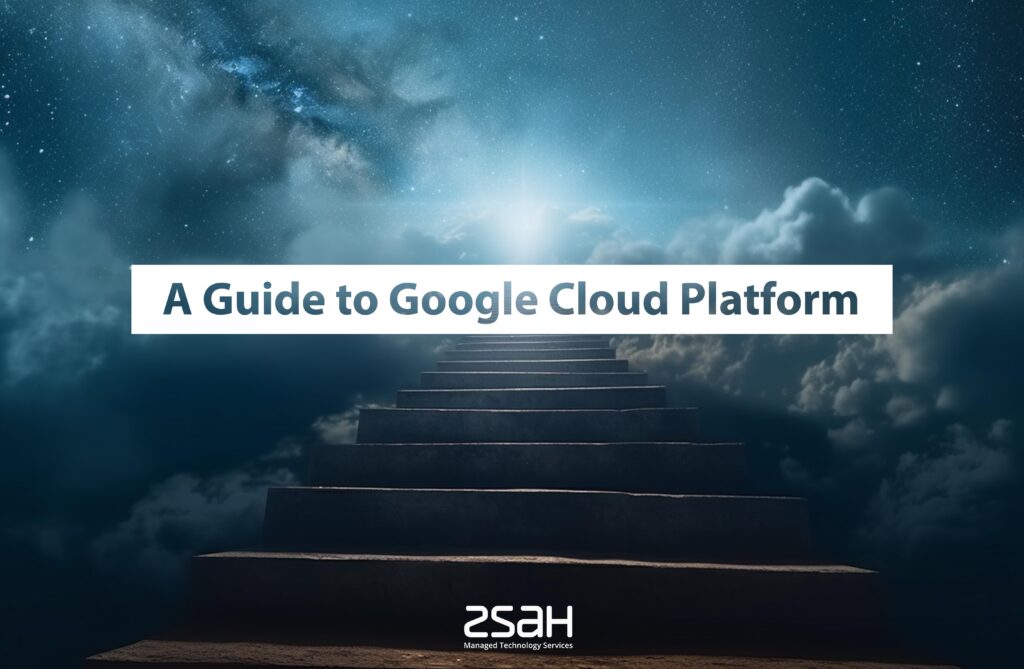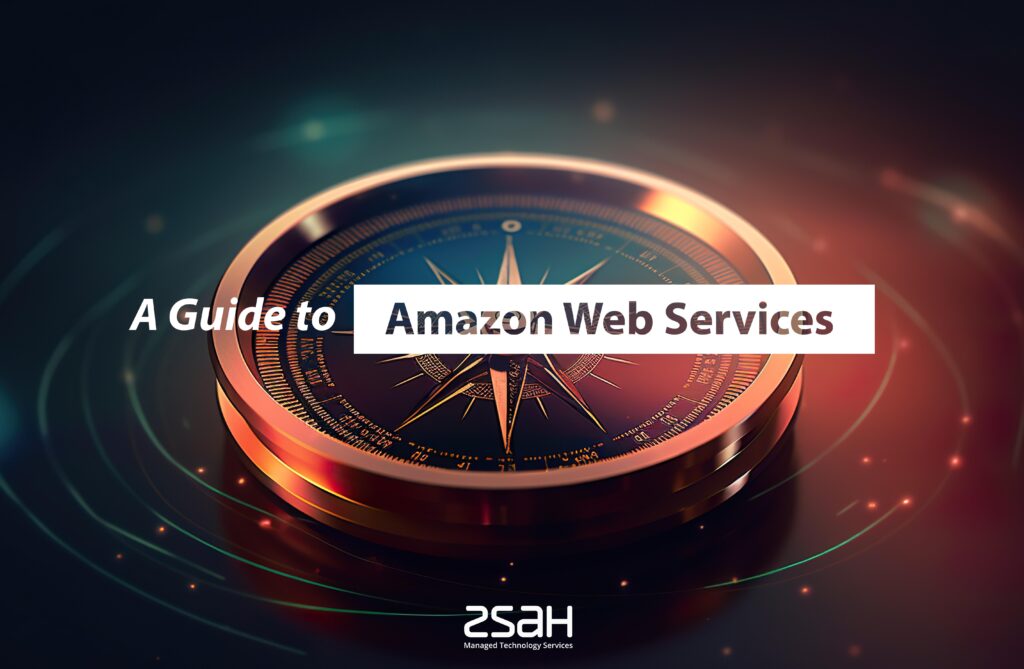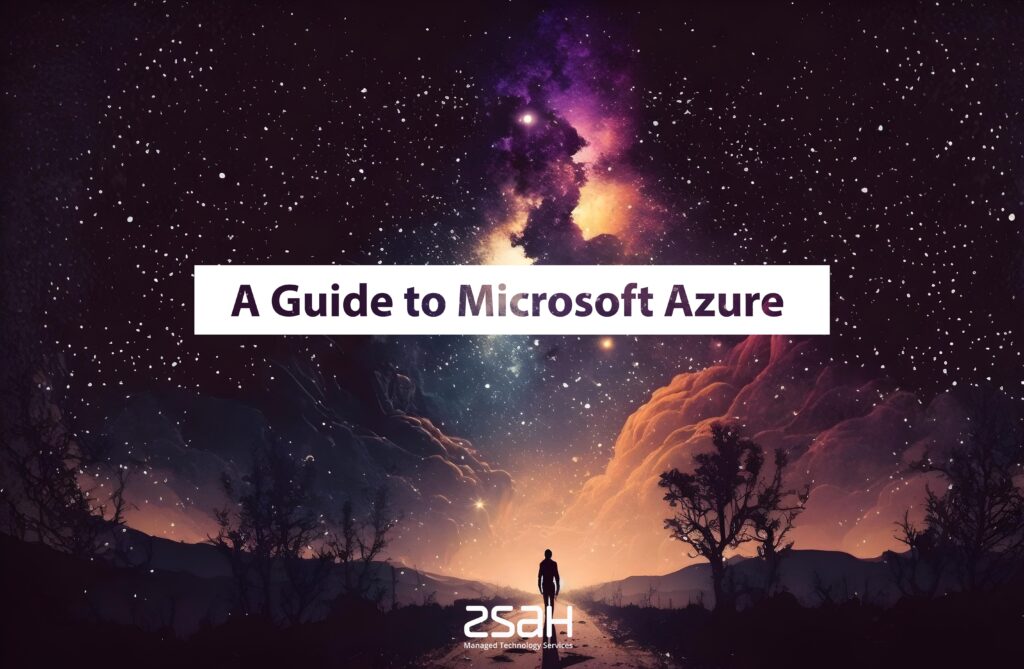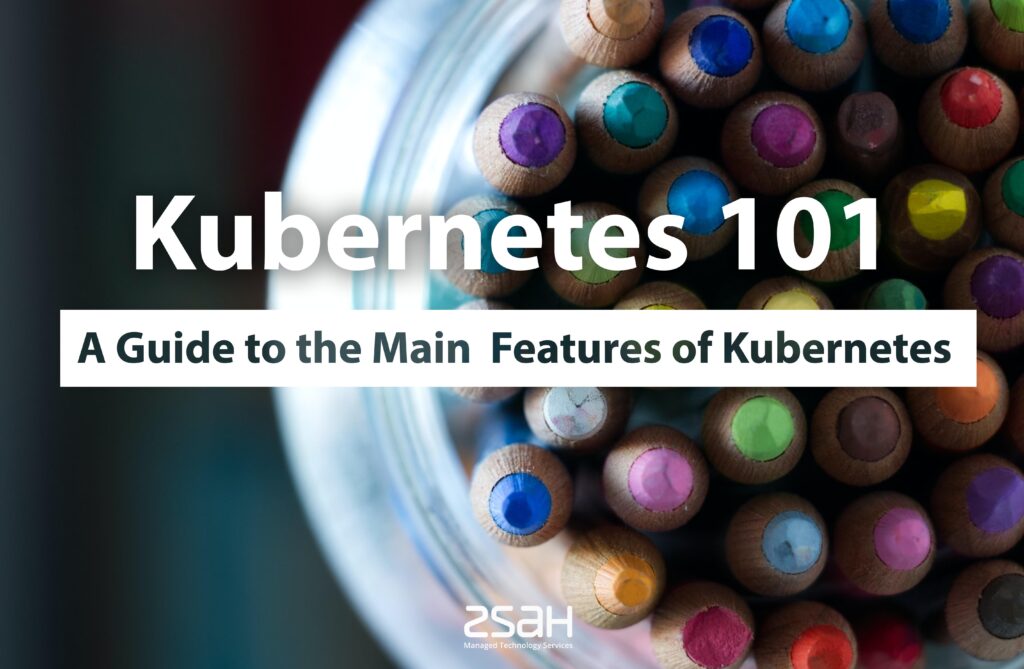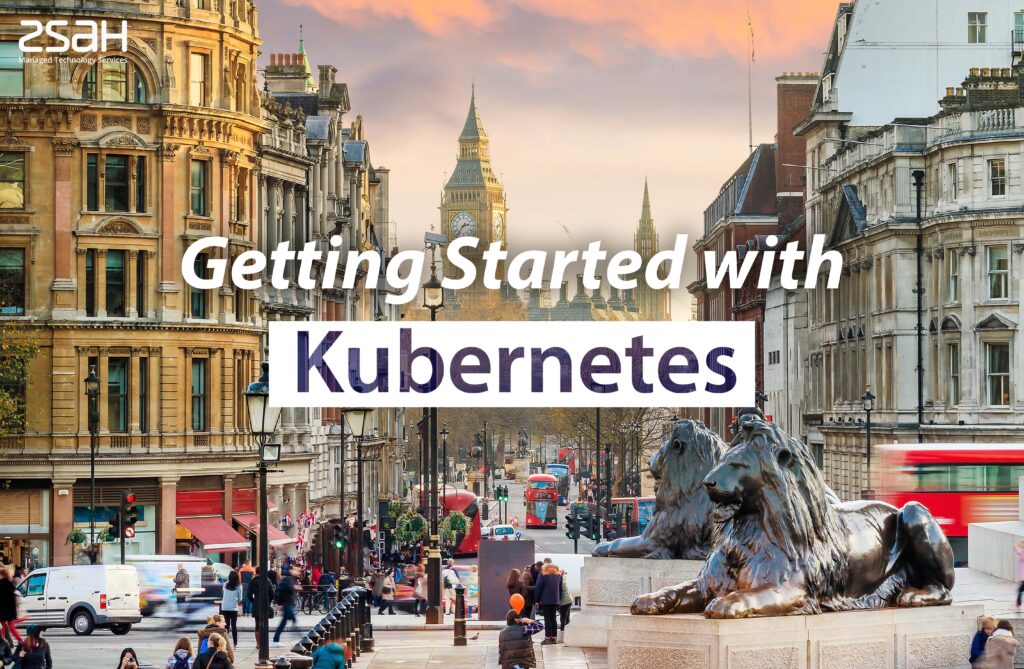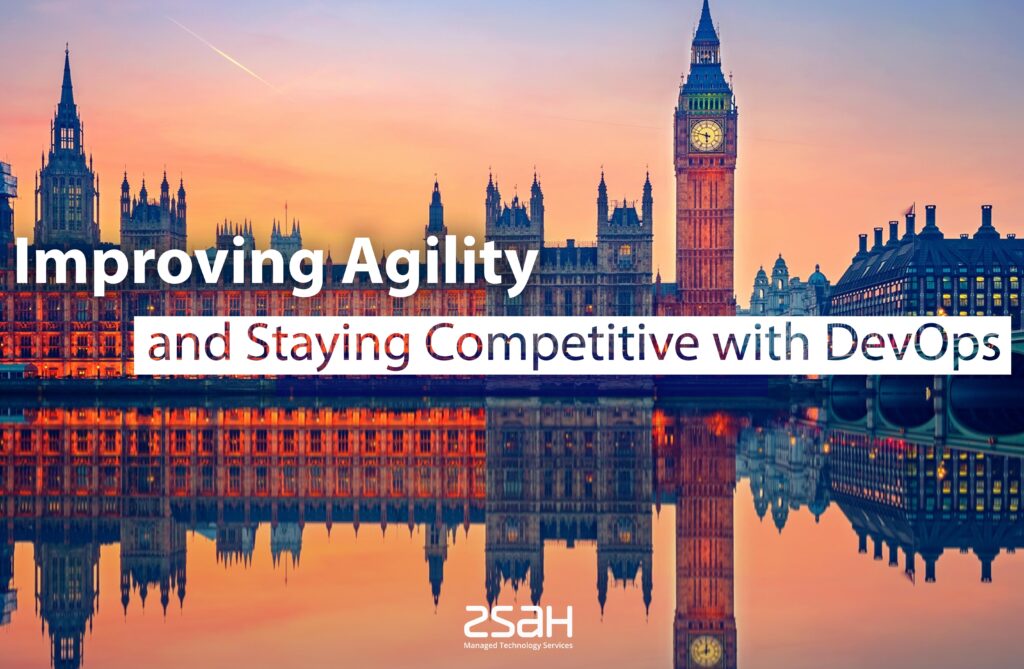Ultimate Guide
A Guide to Alibaba Cloud
Alibaba Cloud may be a name you don’t hear as often as the likes of Amazon Web Services (AWS), Microsoft Azure, or Google Cloud Platform (GCP). However, the China-based technology hub is very much on a par with the big three “hyperscale” cloud service providers. In relation to the global economy in cloud services, Alibaba…
Read MoreA Guide to SAP Cloud Platform
SAP Cloud Platform (SCP) is a Platform as a Service (PaaS) offering which serves as a development and runtime environment for cloud applications. Designed for enterprise usage, the primary intention of SAP Cloud Platform is to enable organisations to extend their existing on-premises or cloud-based Enterprise Resource Planning (ERP) applications with next-generation technologies such as…
Read MoreAn Introduction to IBM Cloud
IBM Cloud (formerly known as IBM Bluemix and IBM SoftLayer) is a suite of cloud computing services that offers both Platform as a Service (PaaS) and Infrastructure as a Service (IaaS). It is currently one of the top five cloud service providers in the world. At present, it holds a global market share of 3%.…
Read MoreA Guide to Google Cloud Platform (GCP)
What Is Google Cloud Platform (GCP)? Google Cloud Platform, or GCP for short, is a suite of cloud services offered by Google, which enables users to build, deploy, and run applications on the web. To this end, GCP offers a range of options, including data storage, data processing, software development tools, and data analytics. The…
Read MoreA Guide to Amazon Web Services
Amazon Web Services, or AWS, is a cloud computing platform developed by Amazon and launched in July 2002. It allows organisations to build, deploy, and scale web applications and services quickly and cost-effectively. AWS comprises a comprehensive suite of over 200 services such as compute, storage, networking, and databases, mobile, analytics, and artificial intelligence (AI)…
Read MoreA Guide to Microsoft Azure
Microsoft Azure is a cloud computing platform that offers various products and services for building, managing, and deploying applications on a global network. Some of its features include AI + machine learning, compute, containers, hybrid + multi-cloud, and the Internet of Things (IoT). Microsoft Azure can help businesses meet organisational goals in many ways, such…
Read MoreKubernetes 101: A Guide to the Main Features of Kubernetes
Kubernetes is a powerful open-source tool for managing containerised applications. It was originally designed by Google and has become the most popular container orchestration platform in use today. According to the 2021 State of Cloud-Native Development Report developed for Cloud Native Computing Foundation (CNCF) by SlashData, over 5.6 million developers are using Kubernetes, a 67%…
Read MoreGetting Started with Kubernetes
With application development and deployment now critical to success in digital business, many organisations are turning to containers, as a lighter weight alternative to the Virtual Machine or VM. By sharing the same underlying host operating system, containers have the edge over VMs, in terms of their resource consumption. However, managing containers can pose complex…
Read MoreImproving Agility and Staying Competitive with DevOps
The business landscape is constantly evolving, and SaaS companies and software developers that want to stay competitive need to be agile enough to adapt quickly. One way to achieve this agility is through the adoption of DevOps practices. DevOps is a software engineering philosophy that encourages communication, collaboration, and integration between software development and operation…
Read MoreTop 10 Data Analytics Tools To Learn In 2022
10 of the best data analytics tools to consider in 2020, covering a wide range of usage scenarios, and organisational types.
Read More

